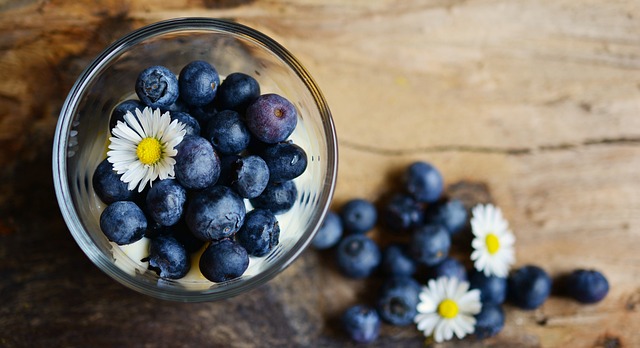Beyond Yogurt: Unveiling the Secrets of Probiotic Superfoods
When we think of probiotics, the first thing that usually comes to mind is yogurt. While yogurt is indeed a good source of these beneficial bacteria, it is just the tip of the iceberg when it comes to probiotic superfoods. In recent years, there has been a surge of interest in the world of probiotics, and researchers have been uncovering new sources of these powerful microbes that can do wonders for our gut health. So let’s go beyond yogurt and explore some of the lesser-known but equally amazing probiotic-rich superfoods.
Kefir
Kefir, often described as a tangy and slightly effervescent drink, is made by fermenting milk with kefir grains. These grains are not actually grains but rather a combination of yeast and lactic acid bacteria that form small gelatinous particles. Similar to yogurt, kefir is a natural source of probiotics and contains a diverse array of strains such as Lactobacillus and Bifidobacterium. In addition to its gut-friendly properties, kefir is also rich in vitamins, minerals, and essential amino acids, making it a powerful superfood.
Sauerkraut
Sauerkraut, a popular side dish made from fermented cabbage, has been a staple in many cuisines for centuries. During the fermentation process, the naturally occurring bacteria on the cabbage convert sugars into lactic acid, giving sauerkraut its characteristic tangy flavor. This lacto-fermentation not only enhances the taste but also significantly increases the probiotic content of the cabbage. Eating sauerkraut regularly can support digestive health and contribute to a balanced gut microbiome.
Kimchi
Kimchi, a traditional Korean dish, is another probiotic-rich food that deserves recognition. It is made by fermenting vegetables, mainly cabbage and radishes, with a combination of spices, garlic, ginger, and salt. The fermentation process not only preserves the vegetables but also creates an environment for beneficial bacteria to flourish. Kimchi is known for its vibrant flavors and intense spiciness, making it a delicious and healthy addition to any meal.
Miso
Miso, a traditional Japanese seasoning made from fermented soybeans, is not only packed with umami flavor but also a great source of probiotics. The fermentation of soybeans by a specific type of fungus known as Aspergillus oryzae gives miso its characteristic flavor and texture. This fermentation process results in the formation of beneficial bacteria, particularly the strain known as Bacillus subtilis. Incorporating miso into your diet can boost your gut health while adding depth and richness to your dishes.
Tempeh
Tempeh, originating from Indonesia, is a plant-based protein source made from fermented soybeans. The fermentation process binds the soybeans together into a firm, cake-like texture. Similar to miso, tempeh is fermented using the fungus Aspergillus oryzae, which enhances its probiotic content. As a versatile meat substitute, tempeh is not only a good source of protein but also provides essential vitamins, minerals, and probiotics. Including tempeh in your meals can contribute to a well-rounded and gut-friendly diet.
Kombucha
Kombucha, a fermented tea, has been gaining popularity in recent years for its unique and refreshing taste. The fermentation of sweetened tea by a symbiotic culture of bacteria and yeast (SCOBY) results in the creation of a fizzy beverage rich in probiotics. The most prominent strains found in kombucha include Gluconacetobacter, Acetobacter, and Saccharomyces. Regular consumption of kombucha can help maintain a healthy gut flora and provide a delightful alternative to sugary drinks.
Conclusion
While yogurt has long been celebrated for its probiotic content, there is a whole world of probiotic superfoods waiting to be discovered. From kefir and sauerkraut to miso and kombucha, these diverse and delicious options offer a wide range of strains to promote gut health. By incorporating these probiotic-rich superfoods into our diets, we can create a harmonious environment in our gut and promote overall well-being.







